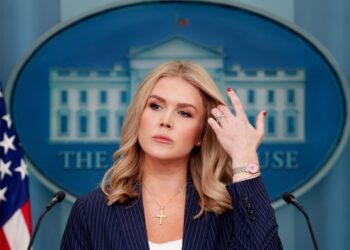By Emmanuel Nduka
With the yuletide around the corner, Nigerians may be made to pay more for cooking gas, as the Nigerian Government has returned taxes on imported Liquefied Petroleum Gas (LPG) amid already high prices.
While Nigeria’s Minister of State for Petroleum Resources, Timipre Sylva had said that the country’s natural gas deposit is set to hit 600 trillion cubic feet (tcf), from the existing 206tcf, the absence of refineries and gas processing plants means that the country is importing over 90 percent of its energy needs.
With the rising prices of crude oil and natural gas at the international market and other economic factors, the price of cooking gas within the 2021 year increased by over 100 percent.
New reports indicates that taxes being returned to the product will see the four major importers of the product into the country pay about N27b to Nigerian Customs Service (NCS) in the coming weeks.
According to the reports, the affected companies have already commenced factoring the new tax into the market cost of the product, a clear indication that consumers would have to up their cooking gas budget as demand peaks ahead of the Yuletide.
Despite the National Gas Expansion Programme (NGEP), where the Central Bank of Nigeria (CBN) is sinking in about N250b intervention fund, Nigeria still imports about 60 per cent of LPG for the domestic market, while a paltry 40 per cent is sourced locally.
Findings have also revealed that the four major firms that import gas to supplement domestic supply, are currently struggling for survival under the new tax regime.
According to The Guardian, the firms were issued a debit note by the NCS for products imported since 2019, without prior tax notice, a move, which has weighed on their financial base and threatened their existence.
On the debit note, sources told The Guardian ordered Matrix to pay about N11b, Providence N2.9b, NIPCO N4.9b, and Algasco about N9b. These amounts were described as the cost of the tax on gas imported into the country between 2020 and 2021.
Sources in the affected companies said the import tax was strange to their businesses as there was no prior notice to that effect.
A top manager at one of the firms said that the sudden imposition of import tax on the companies without prior notice has placed an immense burden on the companies’ balance sheets while opposing the decade of gas agenda of the Federal Government.
“There was no import tax on LPG before now to encourage Nigerians to use gas. Just about three months ago, the Nigeria Customs Service (NCS) raised a memo to some gas marketers such as Matrix, NIPCO, Prudence and Algasco with a debit note indicating that tax on products imported from 2020 running into billions of naira should be remitted.
“It is rather unfortunate that over the years that we have been importing gas, the NCS has been clearing the cargo without any notification of payment. How can it come now and ask us to pay for accumulated duty?” the source explained
The marketing firms have issued a joint memo to the Presidency to review the tax policy but are yet to get any response. They have also met with the NCS, and the Minister of Finance on the matter, but no positive response yet.
However, they have commenced importation of the product, while now factoring in the Value Added Tax (VAT) and import duty in the cost. This has also contributed to the high cost of products in the local market.



































